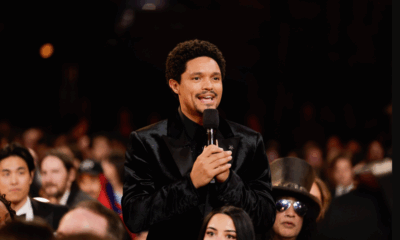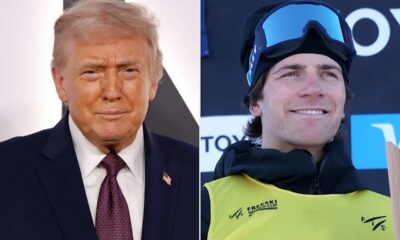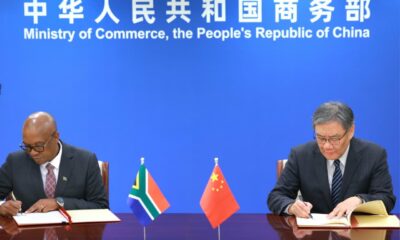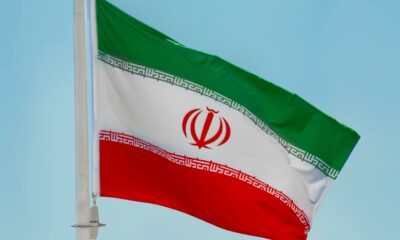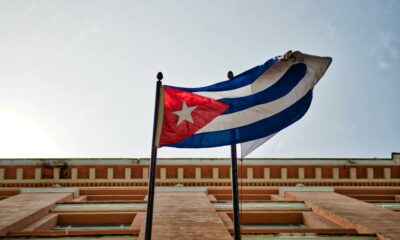News
Trump signs order to reinstate death penalty in Washington, DC
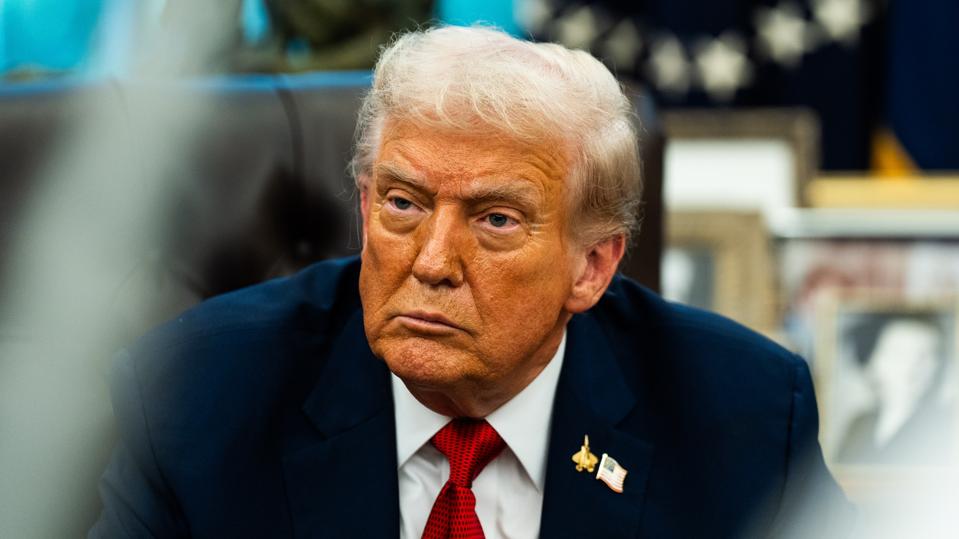
A controversial move to combat violent crime
In a dramatic move that has reignited debates over capital punishment, President Donald Trump signed an executive order this week reinstating the death penalty for murder in Washington, DC. Speaking at a White House ceremony flanked by Attorney General Pamela Bondi, Vice President J.D. Vance, and FBI Director Kash Patel, Trump framed the directive as a necessary measure to deter violence in the nation’s capital.
“Death penalty in Washington,” Trump said, emphasizing its application to murders, particularly of law enforcement officers. “And hopefully there won’t be that. We’ve had week after week where we haven’t had a murder.”
White House Staff Secretary Will Scharf described the move as “one of the most powerful deterrents we have to violent crime,” positioning it as part of a broader federal effort to restore safety and security across DC.
NOW – Trump to bring death penalty to Washington DC: “If somebody kills somebody… it’s the death penalty!” pic.twitter.com/1aghgE80KN
Disclose.tv (@disclosetv) August 26, 2025
The legal and historical context
Washington, DC has a complicated history with capital punishment. The death penalty was rendered unconstitutional nationwide by the Supreme Court in 1972, and DC residents rejected its reinstatement in a 1992 referendum. While federal authorities can pursue capital punishment in certain cases, Trump’s attempt to extend it across DC homicide prosecutions is expected to trigger legal challenges, with opponents arguing it could conflict with longstanding local laws and federal court precedents.
Currently, 27 US states allow executions, while 23 have abolished the practice entirely. DC’s reinstatement places it at the center of a national debate over whether capital punishment effectively deters crime or undermines modern justice reform efforts.
A backdrop of federal intervention
The executive order comes after Trump’s recent aggressive actions to address crime in the capital. In August, invoking the 1973 Home Rule Act, he declared a public safety emergency, placing the Metropolitan Police Department under federal oversight and deploying hundreds of National Guard troops to support law enforcement efforts.
Legal analysts note that while the president has authority to direct federal prosecutors, implementing the death penalty citywide will likely face court challenges. Critics point out that residents and local officials may resist federal encroachment, arguing it undermines DC’s home rule and local governance.
Public reaction and political implications
The order has sparked swift reactions online and in political circles. Supporters argue that the move sends a strong signal to criminals and could curb violent crime, while opponents have described it as politically motivated and potentially unconstitutional. Social media debates highlight deep divisions over whether capital punishment is an effective crime deterrent or a symbolic gesture ahead of election season.
Trump has consistently championed broader use of the death penalty in recent months, calling for it in high-profile cases, including the killers of Ukrainian journalist Iryna Zarutska and conservative activist Charlie Kirk. With DC now at the center of this policy push, the coming months are expected to see legal battles and nationwide scrutiny over the practical and political consequences of his order.
{Source: IOL}
Follow Joburg ETC on Facebook, Twitter , TikTok and Instagram
For more News in Johannesburg, visit joburgetc.com



